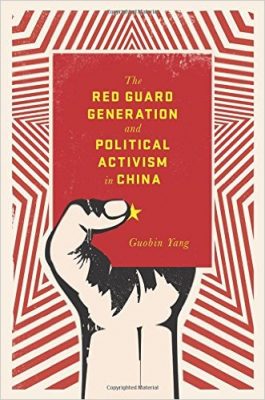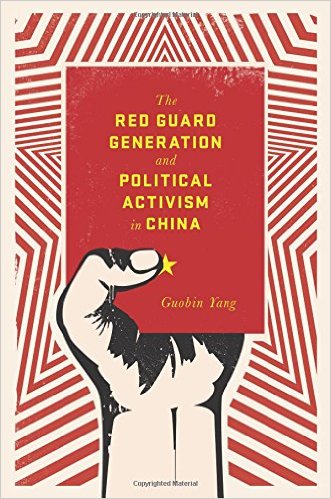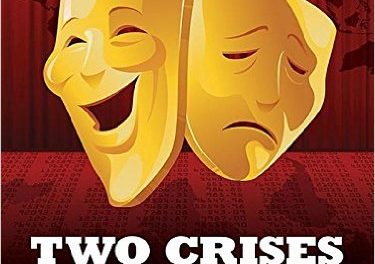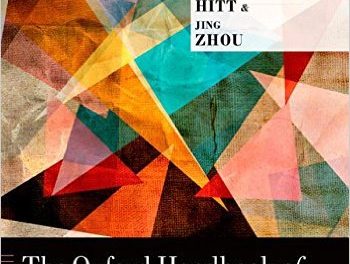 Author: Guobin Yang
Author: Guobin Yang
Publisher: Columbia University Press – 261 pages
Book Review by: Sonu Chandiram
The Red Guards emerged from a group of students at Beijing’s Tsinghua University Middle School and from Peking University in May and June of 1966 protesting, with two large posters, what they called the “intellectual elitism” and the “bourgeois” tendencies of the members of the administration of these universities, according to an article in Wikipedia.
It was during the leadership of the first Chairman of the Communist Party of China Mao Zedong (head of the nation between 1943 and 1969 and initiator of the Cultural Revolution) that the Red Guards began their political activism. They were part of the first generation born after the October 1949 founding of the People’s Republic of China. This generation was described as “the flowers of the nation.”
While being denounced by university officials and fellow students as “counter-revolutionaries,” the Red Guards were praised and encouraged by Mao to promote their movement for change in China. Mao wanted to change the “four olds” in China – old culture, old customs, old habits, and old ideas. These were part of the “Sixteen Articles” ratified by the CPC’s central committee in August 1966.
In this book, author Guobin Yang looks deep into the history of radical activist actions in China, and in particular traces the broad movement that sprung from the Red Guards, who first embraced the Cultural Revolution, but later split into warring factions. He investigates the causes of the splintering, and what happened later.
In the inside flap of this book, Yang is described as one who “argues that Chinese youth engaged in an imaginary revolution from 1966 to 1968, enacting a political mythology that encouraged violence as a way to prove one’s revolutionary credentials. This same competitive dynamic would later turn the Red Guard against the communist government.”
These youth, who were sent to the rural villages to develop “an appreciation of the values of an ordinary life” later organized themselves and developed a new underground cultural movement of resistance against the communist leadership of China.
These neo-revolutionaries “signaled a new era of enlightenment,” as described in this part of the book. By the late 1970s this resistance led by Chinese youth culminated into the Democracy Wall movement. These political forces led to the Tiananmen Square Massacre on June 4, 1989 during which troops in huge tanks armed with assault rifles killed civilians estimated at anywhere from 400 people to thousands.
Guobin Yang tells us a fascinating story of political activism in China since the 1960s in this insightful book. It is based on collection, organization, analysis, and research of primary sources of information done for his doctoral thesis. The book includes 20 years of historical documents, retrospective writings, interviews, and life histories.
It is a relatively short book of around 260 pages (as shown below of seven chapters sandwiched between an Introduction and a Conclusion) but it is based on a solid, well-documented foundation:
Introduction
- Violence in Chongqing
- Flowers of the Nation
- Theory and Dissent
- Ordinary Life
- Underground Culture
- New Enlightenment
- Factionalized Memories
Conclusion
Guobin Yang’s three purposes in writing this book are: “to bring a new perspective to the understanding of Red Guard radicalism of the 1960s; use it as a starting point for tracing the longer-term biography of the Red Guard generation from the 1960s to the present; and to offer an account of the transformation of the political culture and political protest in the Republic of China.” From our review of this book, we have developed our informed opinion that he has accomplished these goals quite well.
Author:
Guobin Yang is an associate professor of communication and sociology at the University of Pennsylvania and the author of the award-winning The Power of the Internet in China: Citizen Activism Online.







